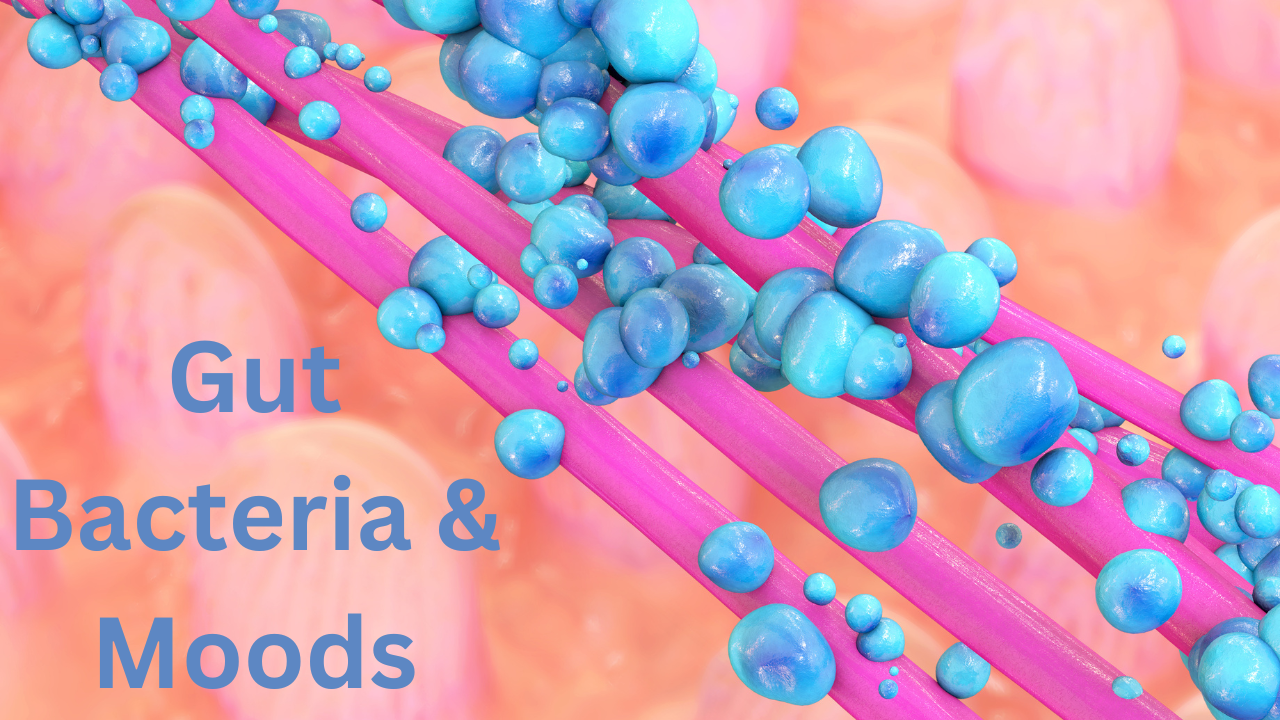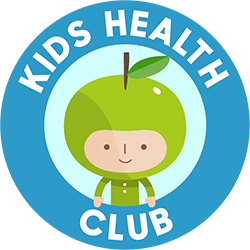Gut Flora and Its Impact on Children's Healthy Mood

Gut Flora and Its Impact on Mood
Recent research has expanded to explore how gut health affects behaviour, mood, and emotions.
Toddler Tantrums and Gut Flora
Gut Bacteria and Happiness
In this first study, scientists discovered that toddlers with a higher diversity of gut bacteria were more likely to be happy, curious, sociable, and impulsive (in a positive way!). In boys, extroverted personality traits were linked to the presence of specific microbes. (Click the link below to learn which ones.)
How to Achieve Diversified Kids Healthy Gut Flora
Healthy humans can have up to 500 different species of bacteria, along with many viruses and even parasites in their guts. However, our modern lifestyle can negatively affect gut flora, reducing its diversity and allowing disease-causing bugs to proliferate. So, what can we do to help our children develop a healthy gut flora?
Simple Tips to Improve Gut Flora:
- Eat Fermented Foods: Include yogurt (dairy or non-dairy), kefir (coconut kefir is a great option), sauerkraut, kimchi, and pickles in your daily diet.
- Increase Vegetable Intake: Aim for 5+ servings of vegetables daily, as the fiber in veggies helps beneficial bacteria grow.
- Avoid Unnecessary Antibiotics: If your child needs antibiotics, follow up with a multi-strain probiotic for a month.
- Probiotics During Pregnancy: Pregnant mothers should take probiotics to prepare healthy flora for the birth. Vaginal delivery is preferable as it allows the baby to acquire the mother’s bacteria during birth.
- Breastfeeding: If possible, breastfeed as it contains specific growth factors for beneficial bifidobacteria. If breastfeeding is not an option, consider human milk from a milk bank.
- Avoid Excessive Disinfection: Do not use antibacterial soaps unnecessarily.
- Encourage Play: Let your child play in the dirt and with dogs. Dogs can expose children to beneficial microbes that train their immune systems
Autism Symptoms and Faecal Transplants
Improvement with Fecal Transplants
In the second study, children with autism who received fecal transplants showed improvements in gastrointestinal problems and autism behaviors.
Resolving Gut Issues in Children with Autism
Integrative and functional doctors have long addressed gut issues in children with autism. They found that resolving diarrhea or constipation led to children becoming more interactive, less aggressive, happier, and more communicative.
Different Gut Bacteria in Children with Autism
Children with autism generally have different gut flora compared to neurotypical children, including:
- Less variety of bacteria
- Different types of bacteria
- Higher numbers and more types of clostridia bacteria
Clostridia produce a chemical called propionic acid, which can enter the bloodstream and reach the brain. When researchers injected this into mice brains, the mice exhibited autistic behaviors. Treating children with autism and clostridia with antibiotics led to more neurotypical behaviors.
Microbiome Research and the Gut Flora-Disease Connection
Microbiome research is currently booming, with scientists investigating the links between abnormal gut flora and various diseases, including:
- Autism spectrum disorders
- Crohn’s disease
- Parkinson's disease
- Alzheimer's disease
The gut flora appears to play a role in these and many other illnesses previously not associated with the gut.
Achieving Healthy Kids Gut Flora
It’s crucial to do everything possible to help our children develop a healthy gut flora with a diverse range of bacteria. In the US and New Zealand, guidelines for treating children with autism recommend assessing each child for gastrointestinal problems due to the high incidence. Addressing digestive issues can alleviate behavioral difficulties that do not respond to behavioral approaches alone. Hopefully, Australia will soon include this recommendation in its national autism guidelines.


